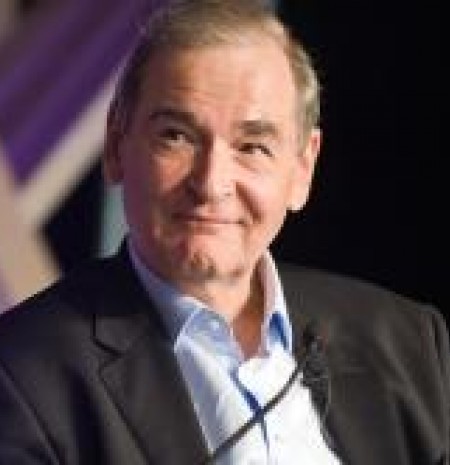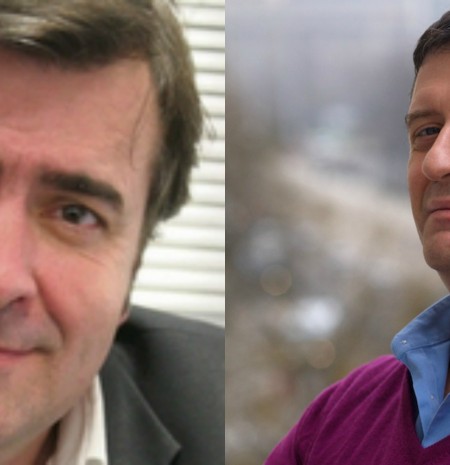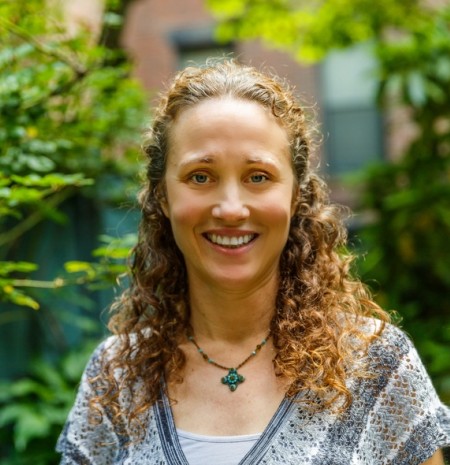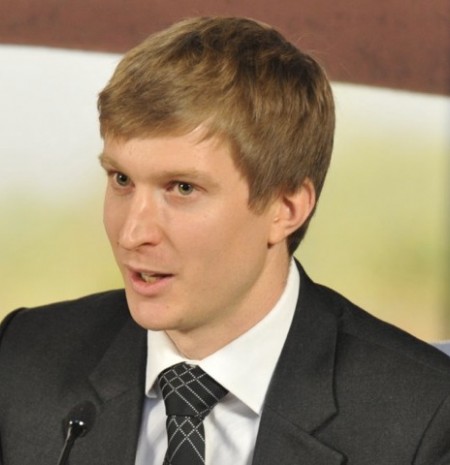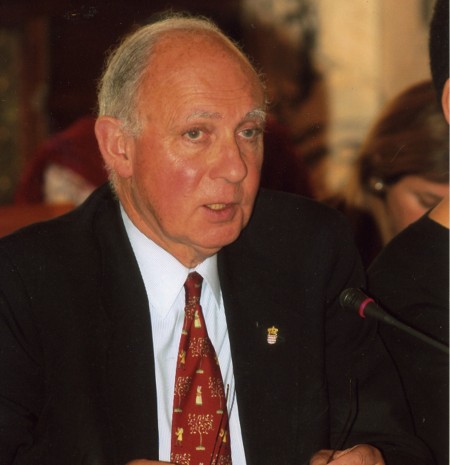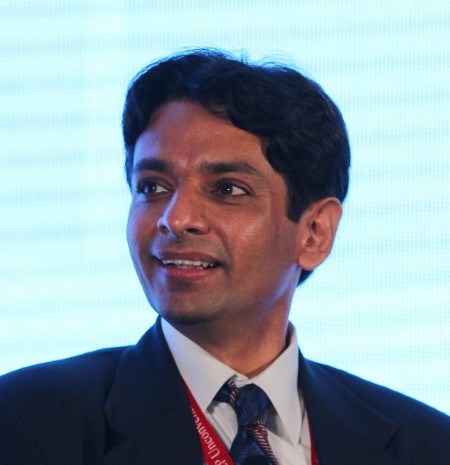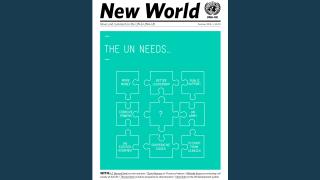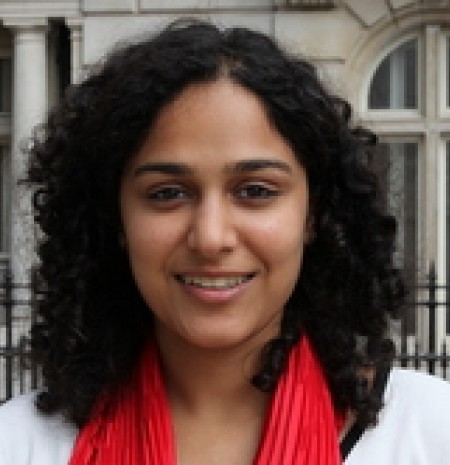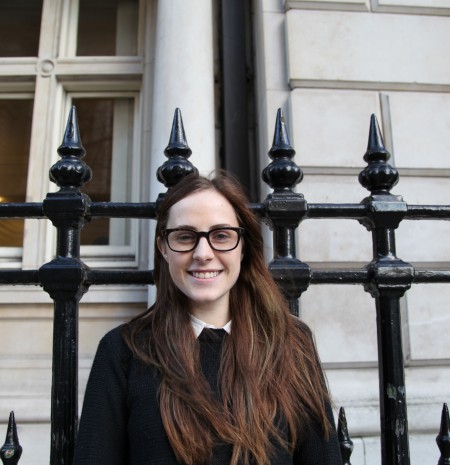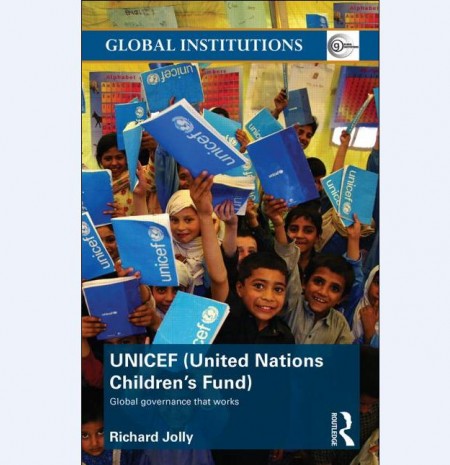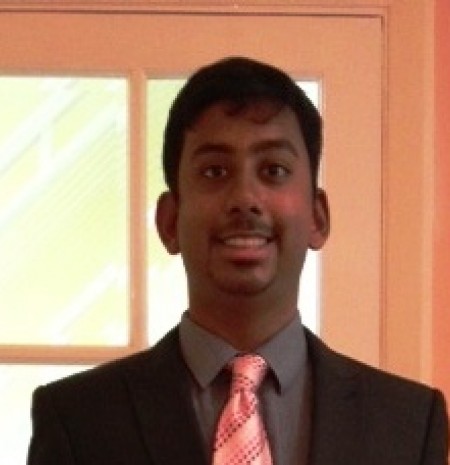
UN Forum, taking place on Saturday 28 June 2014, launches a year – running up to the May 2015 general election – of UNAUK focus on the issues that matter to the UK, the UN and a healthy international system. The backcloth is a world in which UK impact continues to fade and a UN which seems to be failing the test of effective reform.
I hope UN Forum will bring out some hard truths, because our country is in potentially troubled waters. Only a brave gambler would bet on the UK coming out stronger, more cohesive and economically more competitive from the series of events coming up: the Scottish referendum, the election campaigns with their populist appeals, the sustaining of the economic recovery and the possible EU referendum in 2017 or 2018.
Yet we have strengths as a nation. Our combination of hard and soft power gives us some effective instruments: we have important international allies; and the economy, though still poorly structured, is showing some vigour again. The problem lies in how we invest in and develop these assets.
One of UNA-UK’s aims is to promote better UK performance in a fair and well-ordered world. We contributed to parliament’s examination of “Soft Power and the UK’s Influence” and to various studies around the renewal of Trident. We have consistently pressed the government to uphold human rights standards and to play a lead role in debates on a successor to the Millennium Development Goals. We will continue to push for greater understanding of the need for an effective UN, which younger people seem to realise more readily than their elders (outside UNA-UK’s membership).
The general trend, however, towards polarised politics and selfish economics is worrying. Growing inequality is currently a hot topic, in light of the arguments showing how difficult it is to address the accumulation of capital by the very richest. UNA-UK has been working hard to establish the Responsibility to Protect as a principle which serves the strategic interest of states: this could and should be extended to the responsibility to tackle other pressures that pull societies apart, including the economic ones.
The single most problematic factor in implementing such norms is governments’ attachment to state sovereignty, which grows stronger with each turn of the screw of political and cultural independence. Brian Urquhart observed 10 years ago that “the UN is the last formidable bastion of sacrosanct state authority”. But the bastion has to be maintained to be useful. The health and effectiveness of global institutions are not being invested in with enough care, despite the obvious benefits of international solutions to shared problems.
Ironically, the threat to state sovereignty, of the kind that matters most to leaders in power, is being challenged less by constraints imposed by international institutions (which most member states have strongly resisted) than by a failure of governments to satisfy their own populations. The provision of both physical security and decent living standards is a duty that serves those in power because they cannot in the modern age do without popular support. Caring for the effectiveness of the UN across the full range of its activities is a concomitant of that duty, because the Organization represents and delivers those standards when properly served by its member states.
UNA-UK and its membership are confident that we are capable of getting our global institutions right. Putting the detail into that objective is what this issue of New World and UN Forum will both be all about.
Sir Jeremy Greenstock is Chairman of the United Nations Association - UK and a former UK Ambassador to the United Nations.


